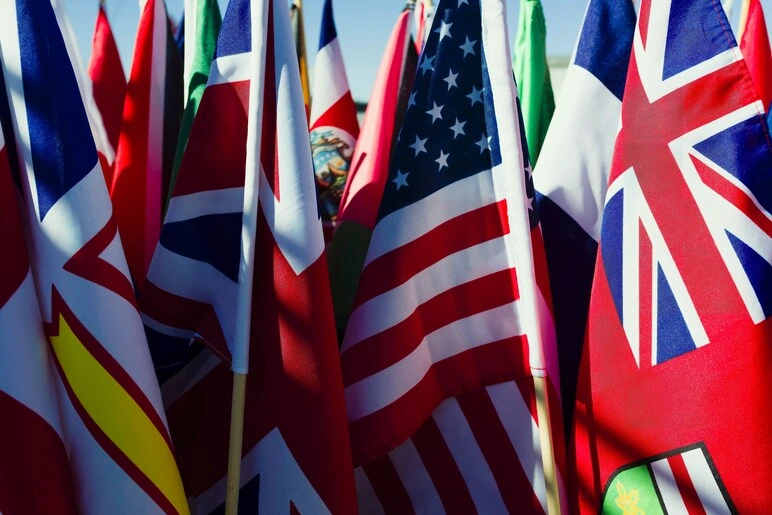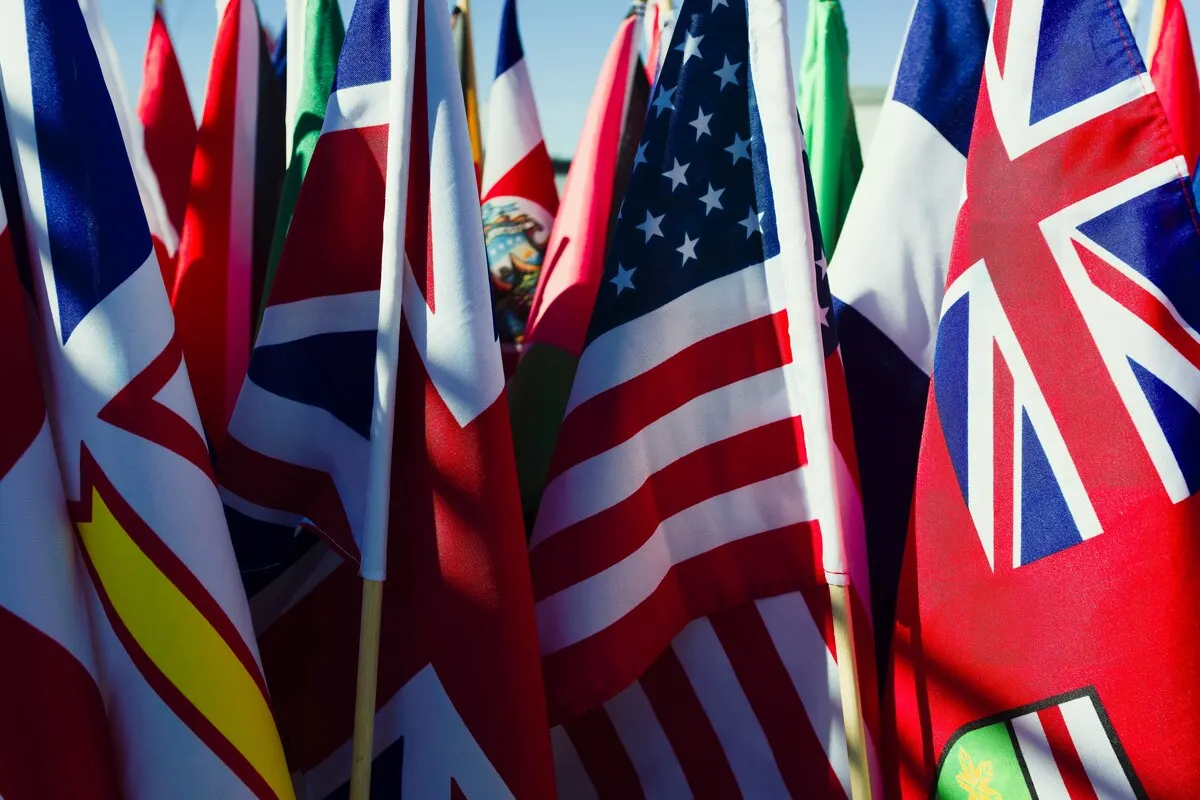
Indonesia’s Minister of Immigration and Corrections, Agus Andrianto, has officially unveiled the Global Citizenship of Indonesia (GCI) policy, designed to resolve long-standing dual-citizenship issues. Andrianto emphasised, the policy reflects Indonesia’s adaptability in the face of global shifts, while also reaffirming the government’s commitment to offering legal certainty for members of the diaspora and individuals with historical or biological links to the country.
The Global Citizenship of Indonesia grants extensive residency rights to eligible foreign nationals who have Indonesian lineage, family connections, or historical ties. This allows them to maintain their original citizenship while still aligning with Indonesia’s single-citizenship principle.
He added that the policy demonstrates Indonesia’s ability to keep pace with global developments without compromising its legal sovereignty. Similar models have been adopted elsewhere, including India’s Overseas Citizenship of India (OCI) scheme.
Eligible categories under the Global Citizenship of Indonesia include:
1. Former Indonesian citizens
2. Second-generation descendants of former citizens
3. Legal spouses of Indonesian or former Indonesian nationals
4. Children born from legal marriages between Indonesians and foreign nationals.
However, the government clarified that the Global Citizenship of Indonesia isn’t available to:
1. Foreign nationals from countries that were once part of Indonesia’s territory
2. Individuals involved in separatist activities
3. Those with backgrounds in foreign civil service, intelligence, or military institutions
Applications can be submitted online through evisa.imigrasi.co.id.
“Indonesian Immigration will always respond swiftly to global needs and challenges. GCI is solid proof that our immigration policies not only serve but continue to evolve,” Andrianto affirmed.
Meanwhile, Achmad Nur Saleh, Coordinator of Public Communications at the Directorate General of Immigration, reminded the public that passports issued to children with dual citizenship cannot exceed the timeframe in which they are required to make their citizenship choice. Under Law No. 12/2006 on Indonesian Citizenship, dual-citizen children must choose their nationality at age 18 or upon marriage, with a maximum grace period of three years.
As a result, children aged 18 or older who have not made their decision can only receive passports with limited validity—typically three years, rather than the full five or ten.
Parents are also required to register their child’s limited dual-citizenship status before the age of 18, attaching documents such as ID cards, family cards, birth certificates, marriage certificates, and residency permits if one parent is a foreign national.
Saleh urged parents and dual-citizen children to be more proactive in understanding these regulations to avoid administrative hurdles. He stressed that choosing citizenship on time is essential to preventing restrictions in immigration services.




 Mirella Pandjaitan
Mirella Pandjaitan
 Nov 21, 2025
Nov 21, 2025






